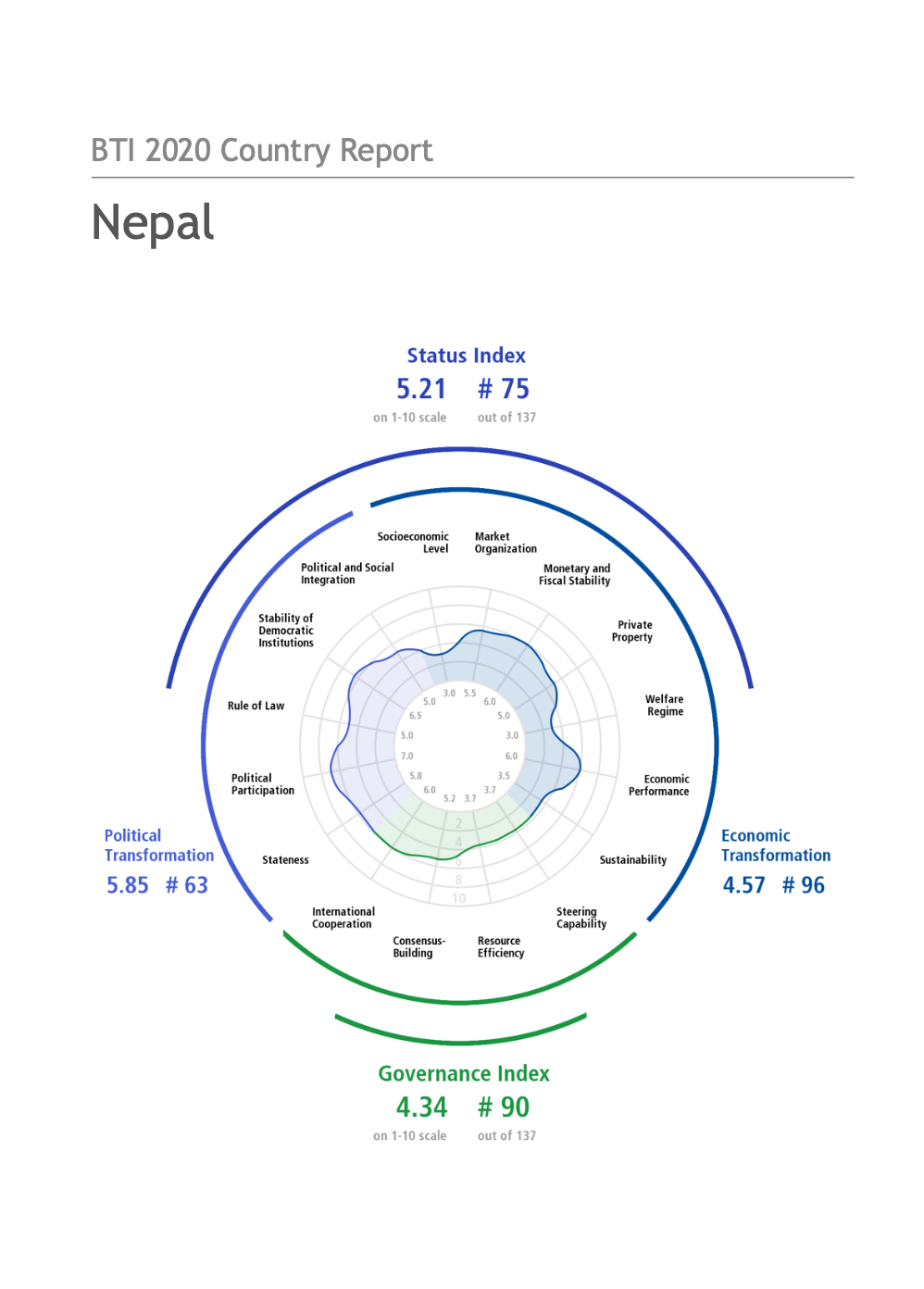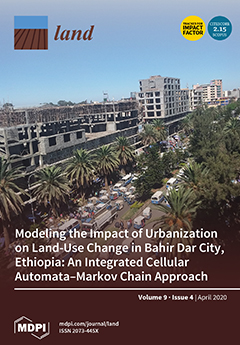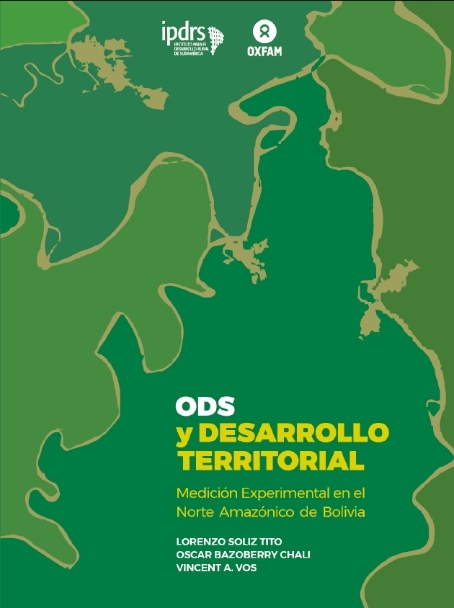Analysis of Land-Use Change in Shortandy District in Terms of Sustainable Development
The suburban territories of large cities are transitional zones where intensive transformations in land use are constantly taking place. Therefore, the presented work is devoted to an integrated assessment of land use changes in the Shortandy district (Kazakhstan) based on an integrated study of the dynamics of land use and sustainable development indicators (SDIs). It was found that the main tendency in the land use of this Peri-urban area (PUA) during 1992–2018 is their intensification, through an increase in arable lands.







